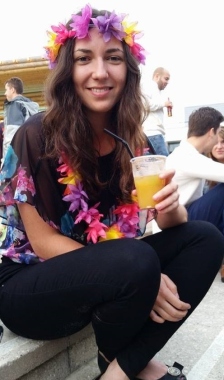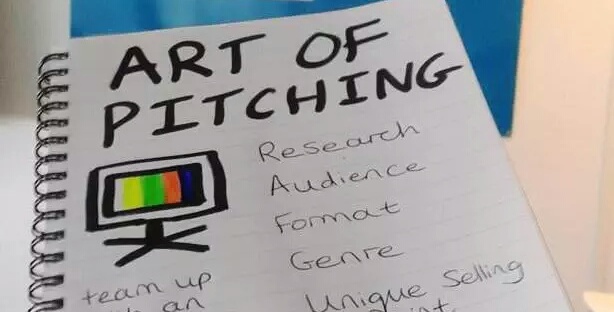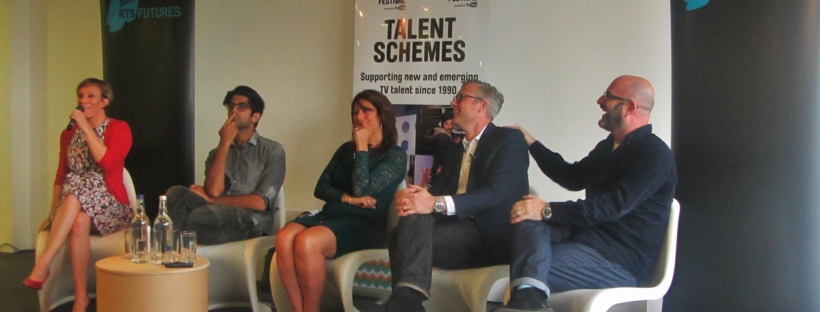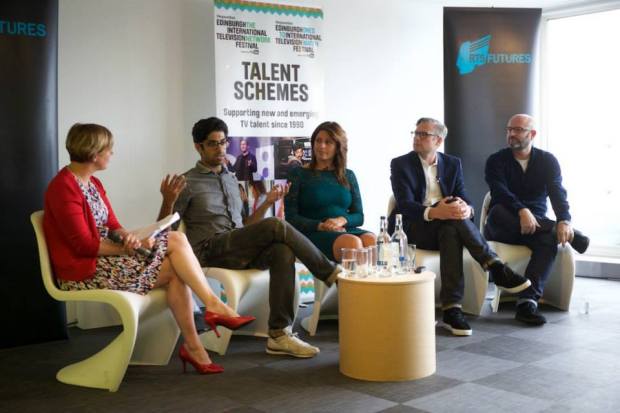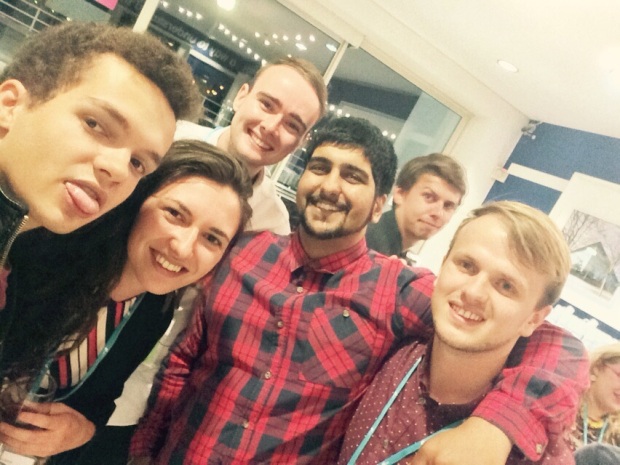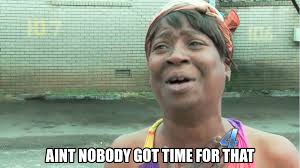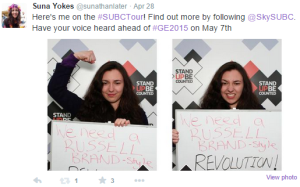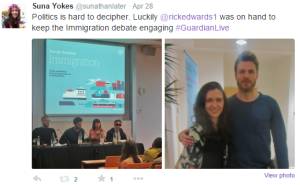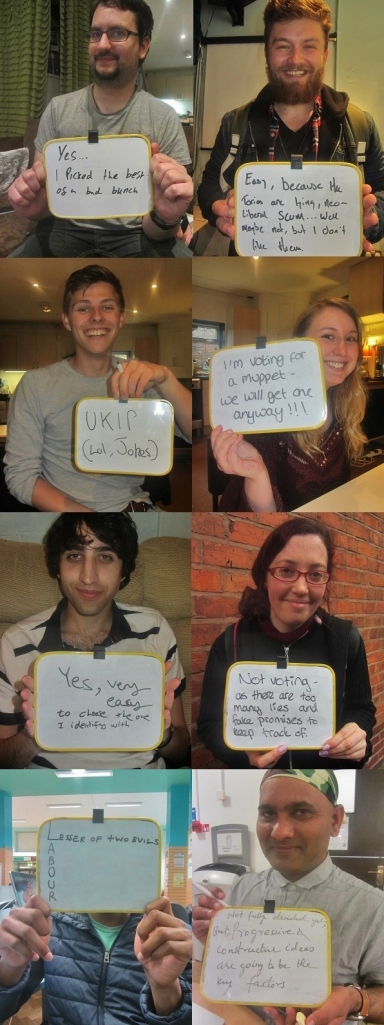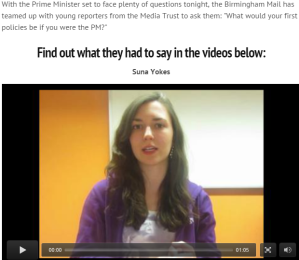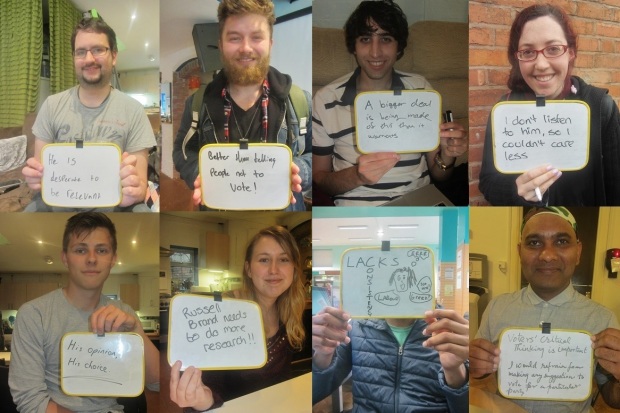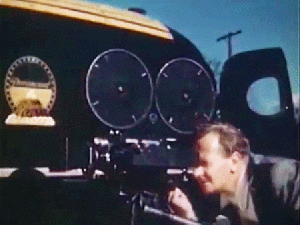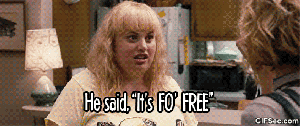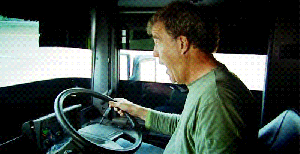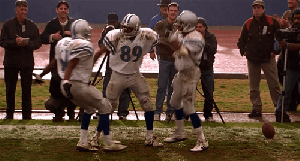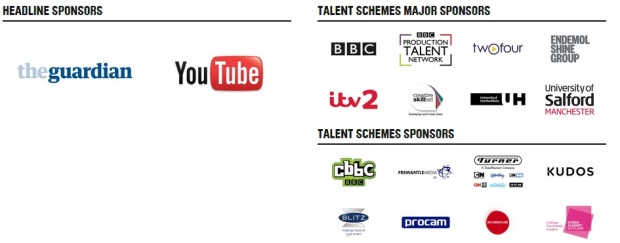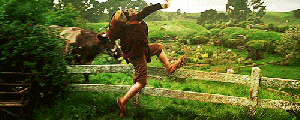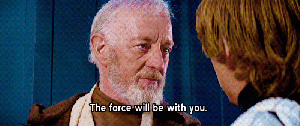“Budding journalists create their own CNN show” – see article and official CNN Newscast here.
When I received the news at work that I had been invited to take part in a CNN Open Day in partnership with the Creative Diversity Network, my first reaction was to jump out of my seat, much to the confusion of my colleagues. To be given an opportunity like this, to join 19 other budding journalists, producers and editors to temporarily “take over” a world renowned newsroom for a day, was something I hadn’t imagined possible.
The experience was a lot more hands-on than I thought it would be, and eye-opening, considering that it may not matter what your background is if you wish to pursue a career in news broadcasting. We may have only been at CNN’s London headquarters for a few hours, but boy did we manage to squeeze in a fair bit!
First of all, we met several members of the editorial team: Nick, Adam, Eve, Jill and Natalie. Each of us who had applied online to the news day gave them a little introduction. We were a diverse bunch – some of us had journalism qualifications, others had degrees in seemingly unrelated topics, others hadn’t ever been to university…but what connected us all was our shared passion for news, be it watching bulletins or producing content ourselves in the form of blogs, YouTube, radio and TV packages.

Introductions aside, we got started with pitching ideas for possible new features we could produce. Most of us had scoured reputable sources (*cough* Twitter and Facebook trending topics) for inspiration. Suggestions included World Toilet Day (hard to believe, but it does exist) and the recent medical reports that suggest coffee could reverse the effects of alcohol-related liver damage. In the end, we settled on 4 pretty diverse subject areas: Syrian refugees in the USA, Islamophobia, HIV awareness week and, to end the show on a more light-hearted note, the Black Friday sales.
We then took to the streets in groups of 4, with a professional cameraman, to capture the public’s opinions. This was a quick lesson in street casting for all of us – how to persuade the public that they should speak to us on camera, even if it wasn’t for a real live broadcast. This turned out to be much harder than it looked! Our group, tasked with producing a short report on HIV awareness week in light of Charlie Sheen’s admission that he was HIV positive, struggled to get people on board initially. The typical responses to our enthusiastic approaches? “Sorry, I don’t have an opinion on the matter” or “I’m not good at this sort of thing. You should ask my friend, they’re great at talking” (unfortunately so great that they were absorbed in their phone conversation and couldn’t take part!). In the end, we used what charm we could muster to encourage people to share their views on camera, ready for a member of our team to edit the soundbites on a computer for the reporter and anchor to discuss at the end of the day.

When we returned to the office, it was all hands on deck, working as a team to put together scripts for the anchor and reporter. The producers prepared for their roles in the gallery – to communicate with those on-screen and to operate the auto-cue to ensure the show could run as smoothly as possible. Much like the day-to-day environment of a busy newsroom, we had tight deadlines to meet. Before we knew it, half of us were getting nervous in the studio waiting for our turn to be an Anchor (myself included!), while the other half were no doubt quaking with fear behind the scenes.
It all seemed a far cry away from our relaxed lunch break, where we had been reunited with the editorial team, who shared their careers journeys with us and offered advice for taking the next steps in the industry. Gill Penlington, who is Director of Programming, told us that persistence is key. Coming from a state school background and with no previous media contacts, she had to work her way up to get to where she is today. Nick Hart, who had originally paved a career in the film industry, moved across to work in TV news and hasn’t looked back since. One thing that I took away from the Open Day is that it really isn’t important where you started out, but where you want to go and the creative skills that you can bring to the table.


On a guided tour of the office, we also spoke to members of the CNN Sport editorial team, including producer Zayn Nabbi and anchor Amanda Davies. Zayn has had the chance to work on a number of exciting projects, from the London Olympics to the FIFA World Cup in Brazil. Amanda who, like me, graduated with a degree in a seemingly unrelated subject – Geography – started out doing basic office tasks and is now the host of CNN’s Formula 1 Show!
As the end of the day grew closer, it was time to bring our news stories to life. As I sat down in the studio, I was miked up by a member of the crew and it dawned on me that, in a matter of minutes, I would be “live” on air. No room for mistakes – or so I thought! There were moments during the broadcast when a few things went slightly wrong, whether there was information missing from the script or the autocue was a bit delayed. However, I think we managed to deal with the situation extremely well for our first attempt and, with the help of Adam’s Jedi-like editing skills, we were able to create a piece of real online content, which is available on Turner Europe’s website.

During the CNN Open Day, we were all exposed to the range of roles available in news production – researching, reporting, producing and editing – and I think it is fair to say that our interest in gaining newsroom experience has grown. A huge thank you to everyone who made the day possible, especially Adam Dunnakey, Nick Hart, Gill Penlington, Natalie Orchard, Eve Parish and of course the Creative Diversity Network!

